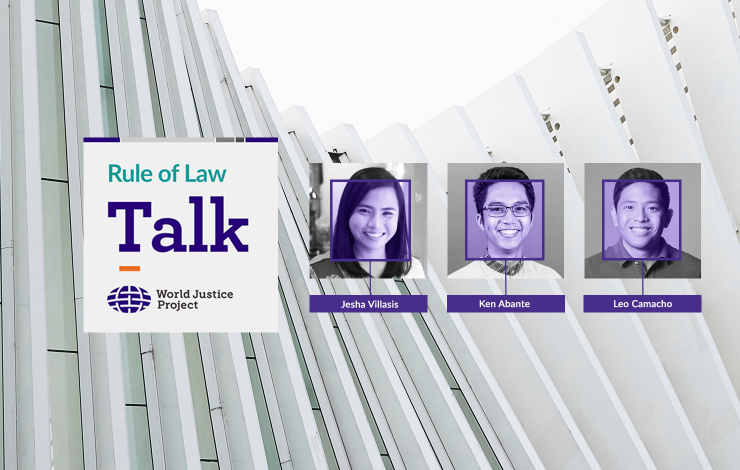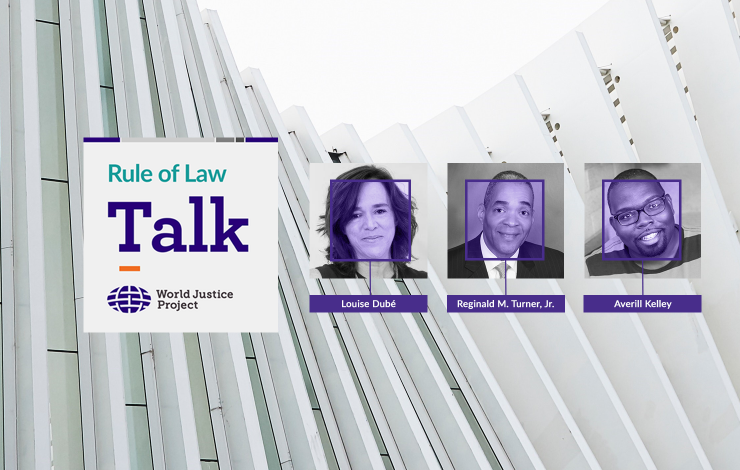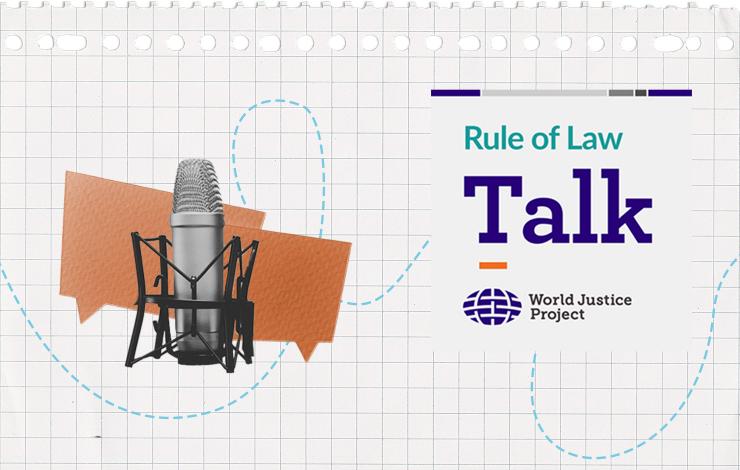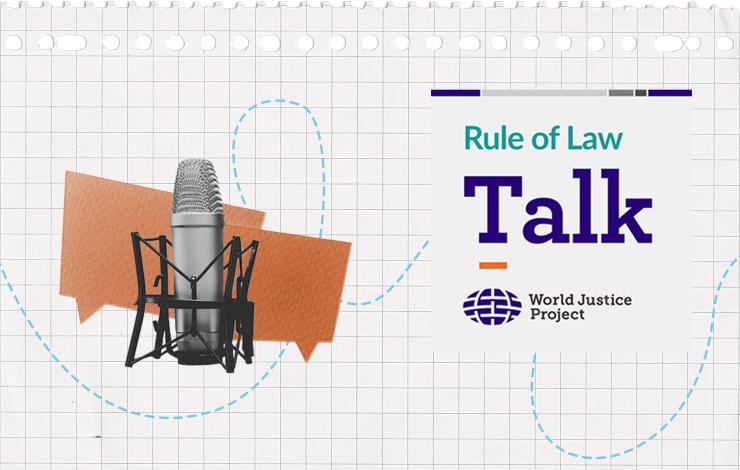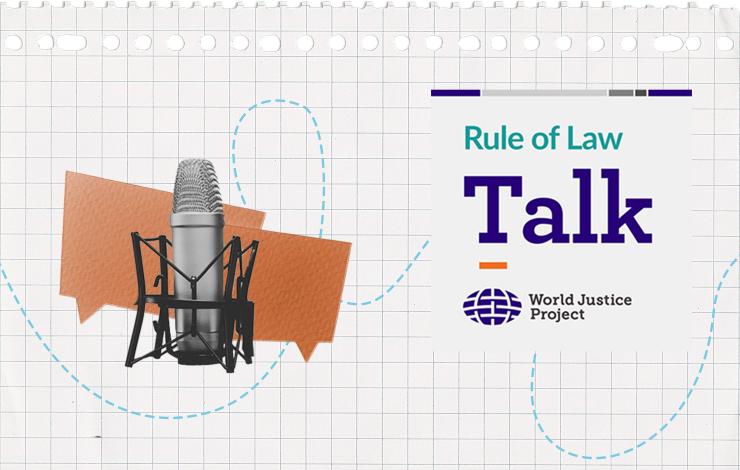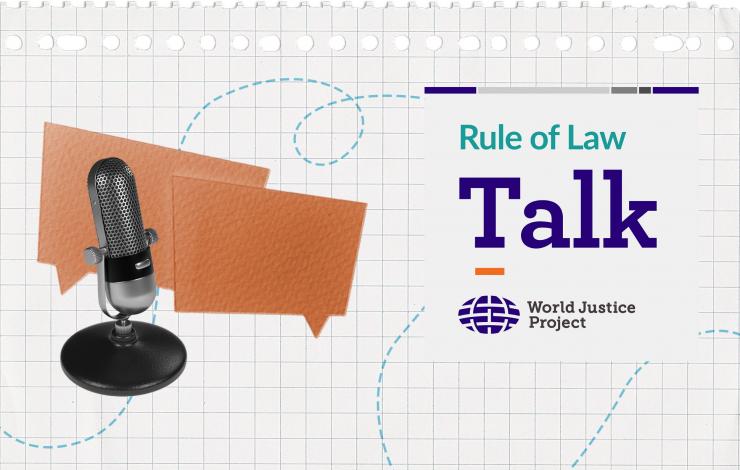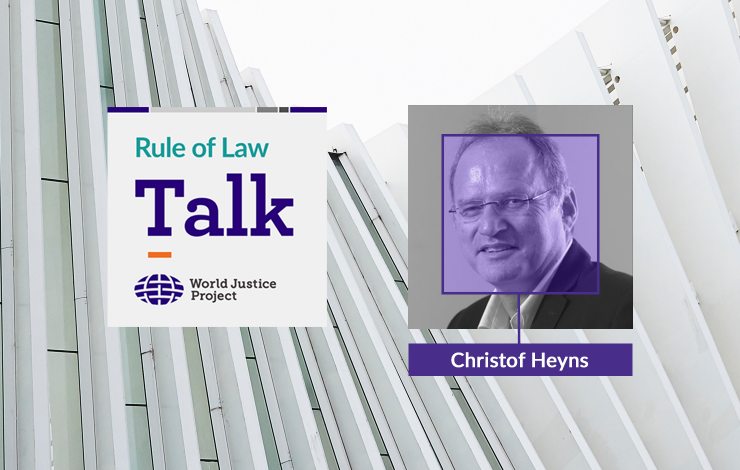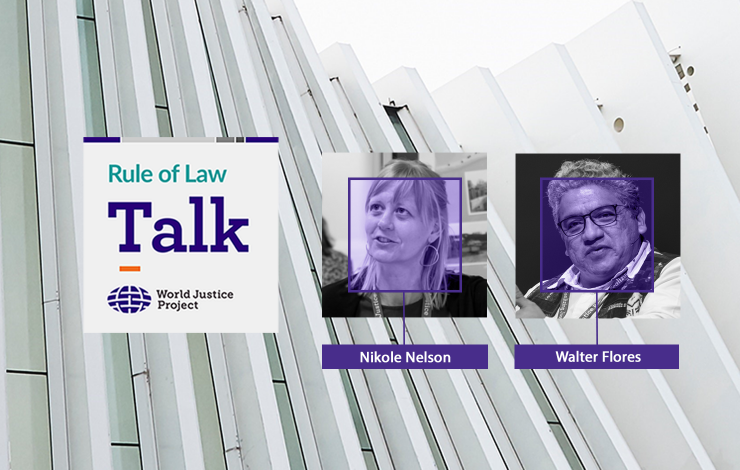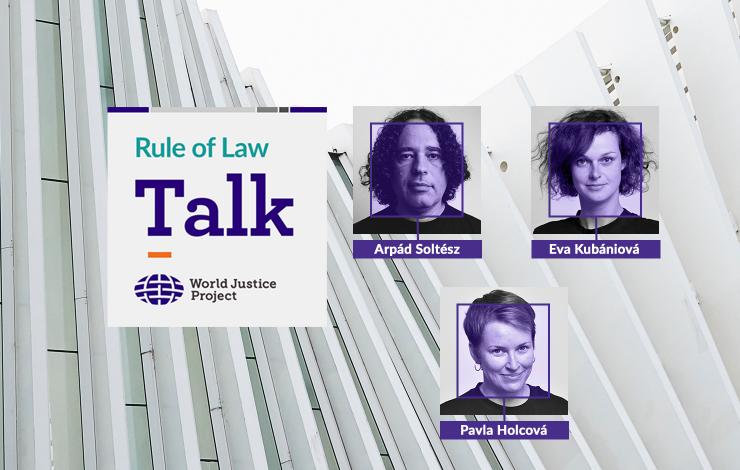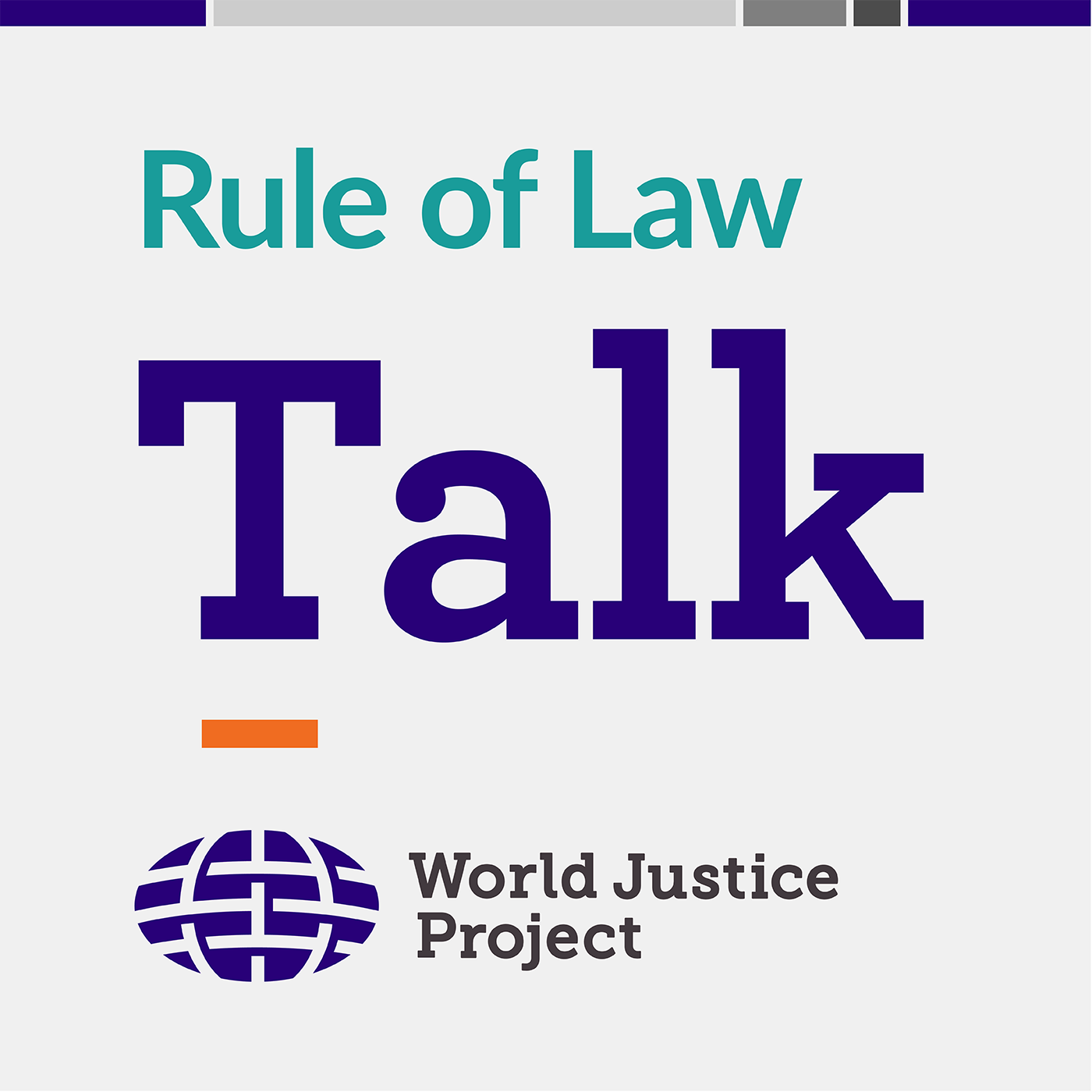In this episode, WJP speaks with Adalah, an independent human rights organization and legal center based in Haifa, Israel. Mellon-ACLS Public Fellow Joe Haley is joined by Dr. Hassan Jabareen, Adalah’s Founder and General Director. A noted scholar and lecturer on the legal status of Arab minorities in Israel, Hassan founded Adalah in 1996 to advance the cause of human rights, in general – and Arab-Palestinian rights, in particular – within the legal system of Israel. Under his leadership, Adalah has represented Palestinians in many landmark cases before the Israeli Supreme Court, including cases that impact Palestinians’ right to participate freely in electoral politics, their equal title to land and access to public resources, and the legal status of Arab-Israeli citizens and their immigrant family-members who have been displaced by conflict. Proving the adage that minority rights are human rights, Adalah has sought accountability for rights abuses at the hands of police and security forces, as well as equal protection for citizens who have been incarcerated or who are accused of crimes. Their list of accomplishments includes a library of academic publications on such topics as torture, forced displacement, and systemic discrimination within Israeli law – as well as a litany of successful advocacy campaigns designed to mobilize international institutions and spread awareness about real-time threats confronting ethnic minorities in Israel and the Occupied Palestinian Territories.
When we spoke last year, political tensions within Israel had recently boiled over following the attempted eviction of a Palestinian family living in an East Jerusalem neighborhood known as Sheikh Jarrah. Weeks of mass protest within Jerusalem were followed by a cross-border exchange of airstrikes and rocket fire, resulting in numerous injuries and deaths. One month later, Israelis of all stripes took to the polls in an historic election that ousted the government of Benjamin Netanyahu, Israel’s longest serving prime minister. Amidst the backdrop of these tumultuous events, Hassan struck a tone of cautious optimism regarding the progress of Arab equality as his country emerges from this latest round of political violence and the lingering global pandemic.


